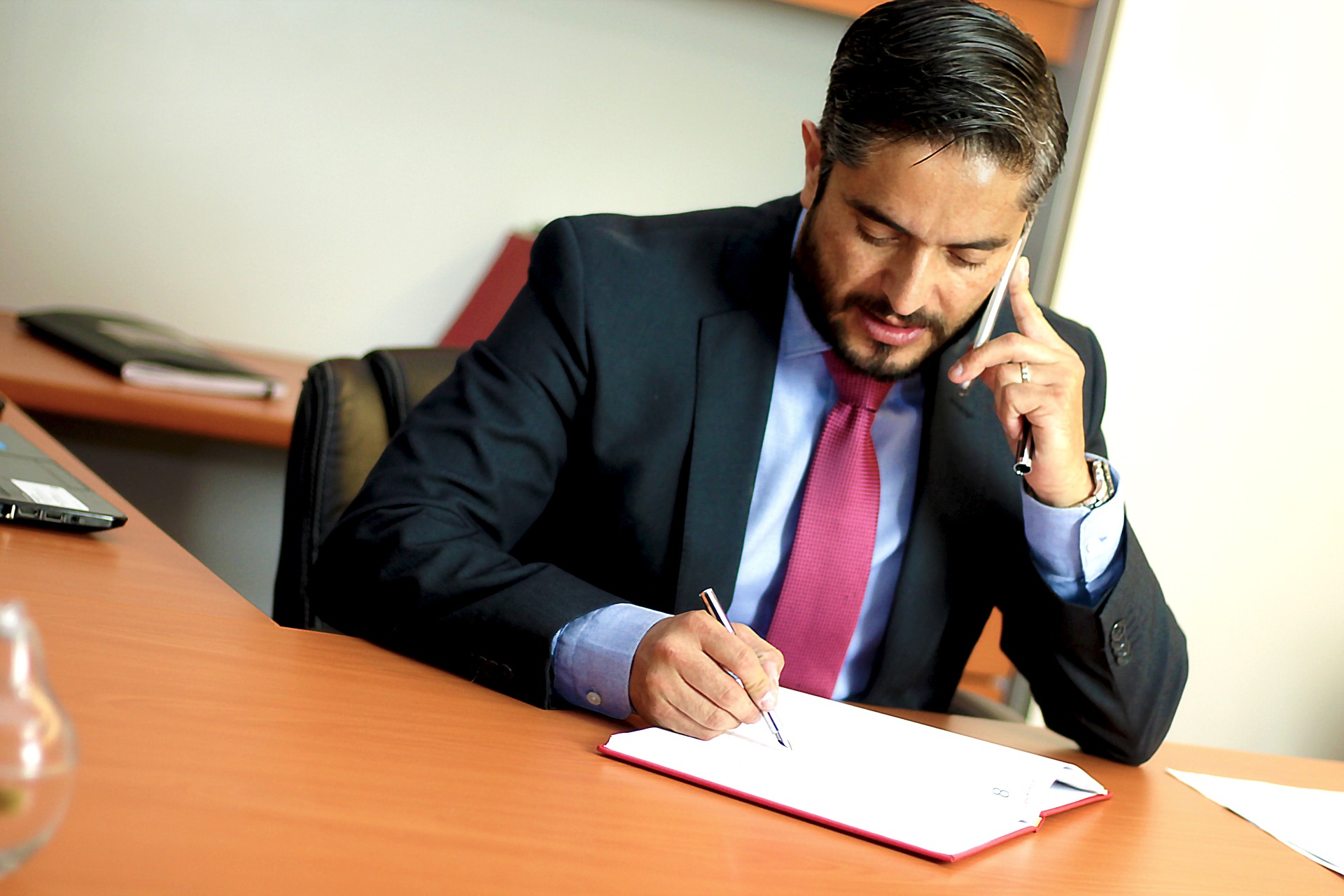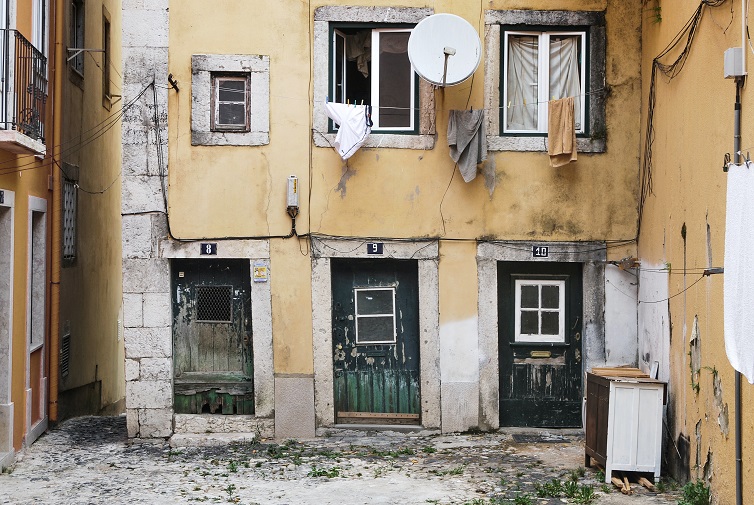When landlords fail to meet their obligations, tenants must know their legal rights and take appropriate action
When renting a home, tenants have the right to expect a safe and habitable living environment. Unfortunately, not all landlords fulfill their obligations, leaving tenants in unsafe or unhealthy conditions. In such cases, understanding your legal rights and seeking assistance from specialized lawyers for unsafe living conditions is crucial. This blog will explore the legal rights of tenants facing unsafe living conditions, the responsibilities of landlords, and the steps tenants can take to protect their well-being.
Understanding Habitability Standards
Habitability standards are legal requirements that ensure rental properties are safe and suitable for living. These standards vary by state and locality but generally include basic necessities such as:
- Functional plumbing, heating, and electrical systems
- Safe and structurally sound buildings
- Adequate security measures, including functioning locks and windows
- Proper sanitation and waste disposal facilities
- Absence of hazards like mold, pests, lead paint, and asbestos
Landlords are legally obligated to maintain these standards throughout the tenancy. When these conditions are not met, tenants have several legal rights to address the issues.
Right to a Habitable Living Environment
The cornerstone of tenant rights is the right to a habitable living environment. This implies that the rental property must meet basic health and safety standards. If a landlord fails to uphold these standards, tenants can take legal action to enforce their rights. Specialized lawyers for unsafe living conditions can help tenants understand and assert these rights effectively.
Steps to Take When Facing Unsafe Living Conditions
1. Document the Issues
The first step for tenants experiencing unsafe living conditions is to document the problems thoroughly. This includes taking photographs, keeping records of communications with the landlord, and noting dates and times of any issues. Detailed documentation is crucial for building a strong case if legal action becomes necessary.
2. Notify the Landlord
Tenants should inform their landlord of the issues in writing, providing a clear description of the problems and requesting prompt repairs. This written notice serves as a formal record that the landlord has been made aware of the issues. Most states require landlords to address habitability issues within a reasonable timeframe, typically ranging from 14 to 30 days, depending on the severity of the problem.
3. Seek Legal Advice

If the landlord fails to respond or resolve the issues, tenants should seek legal advice. Lawyers for unsafe living conditions can provide guidance on the best course of action, whether it involves negotiating with the landlord, filing a complaint with local housing authorities, or pursuing legal remedies in court.
4. File a Complaint with Housing Authorities
Tenants can file a complaint with local housing authorities if the landlord does not address the unsafe conditions. Housing authorities can inspect the property and, if necessary, issue citations or fines to the landlord for code violations. This can compel the landlord to make the necessary repairs and improvements.
5. Withhold Rent or Repair and Deduct
In some states, tenants have the right to withhold rent or make the repairs themselves and deduct the cost from their rent if the landlord fails to fix the issues. However, these actions should be taken with caution and under legal guidance to avoid potential repercussions. Tenants should ensure they follow the proper procedures as outlined by their state laws to avoid eviction or other legal consequences.
6. Terminate the Lease
If the unsafe conditions persist and significantly impact the tenant’s quality of life, tenants may have the right to terminate the lease without penalty. This is often referred to as a “constructive eviction,” where the conditions are so intolerable that the tenant is effectively forced to move out. Again, this should be done with legal advice to ensure all steps are correctly followed.
Legal Remedies and Compensation
Tenants may be entitled to various legal remedies and compensation if they have suffered due to unsafe living conditions. These can include:
- Rent abatement: Reduced rent for the period the property was uninhabitable
- Damages: Compensation for expenses incurred due to the unsafe conditions, such as medical bills or relocation costs
- Injunctive relief: Court orders requiring the landlord to make specific repairs or improvements
- Punitive damages: In cases of egregious landlord misconduct, additional damages may be awarded to punish the landlord and deter future violations
The Role of Lawyers for Unsafe Living Conditions
Lawyers specializing in unsafe living conditions play a vital role in protecting tenants’ rights. They can provide expert legal advice, represent tenants in negotiations and court proceedings, and help secure appropriate remedies and compensation. Their expertise ensures that tenants navigate the complex legal landscape effectively and achieve the best possible outcomes.
Conclusion
Tenants have a fundamental right to a safe and habitable living environment. When landlords fail to meet their obligations, tenants must know their legal rights and take appropriate action. By documenting issues, notifying the landlord, seeking legal advice, and pursuing available remedies, tenants can address unsafe living conditions and protect their well-being. Specialized lawyers for unsafe living conditions can provide the necessary support and representation, ensuring that tenants’ rights are upheld and that they receive the justice they deserve.


Join the conversation!